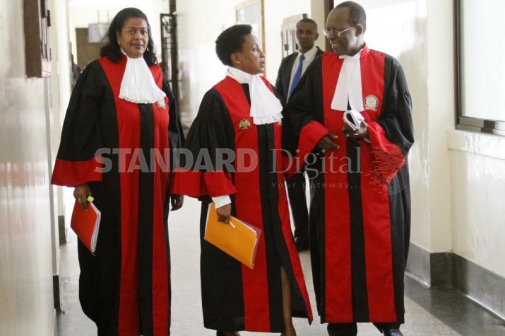×
The Standard e-Paper
Smart Minds Choose Us

A landmark ruling made by the Supreme Court Thursday could save a number of death-row inmates from the hangman’s noose.
Supreme Court judges Thursday declared unconstitutional section 204 of the penal code, which prescribes death sentence for any person convicted of murder.